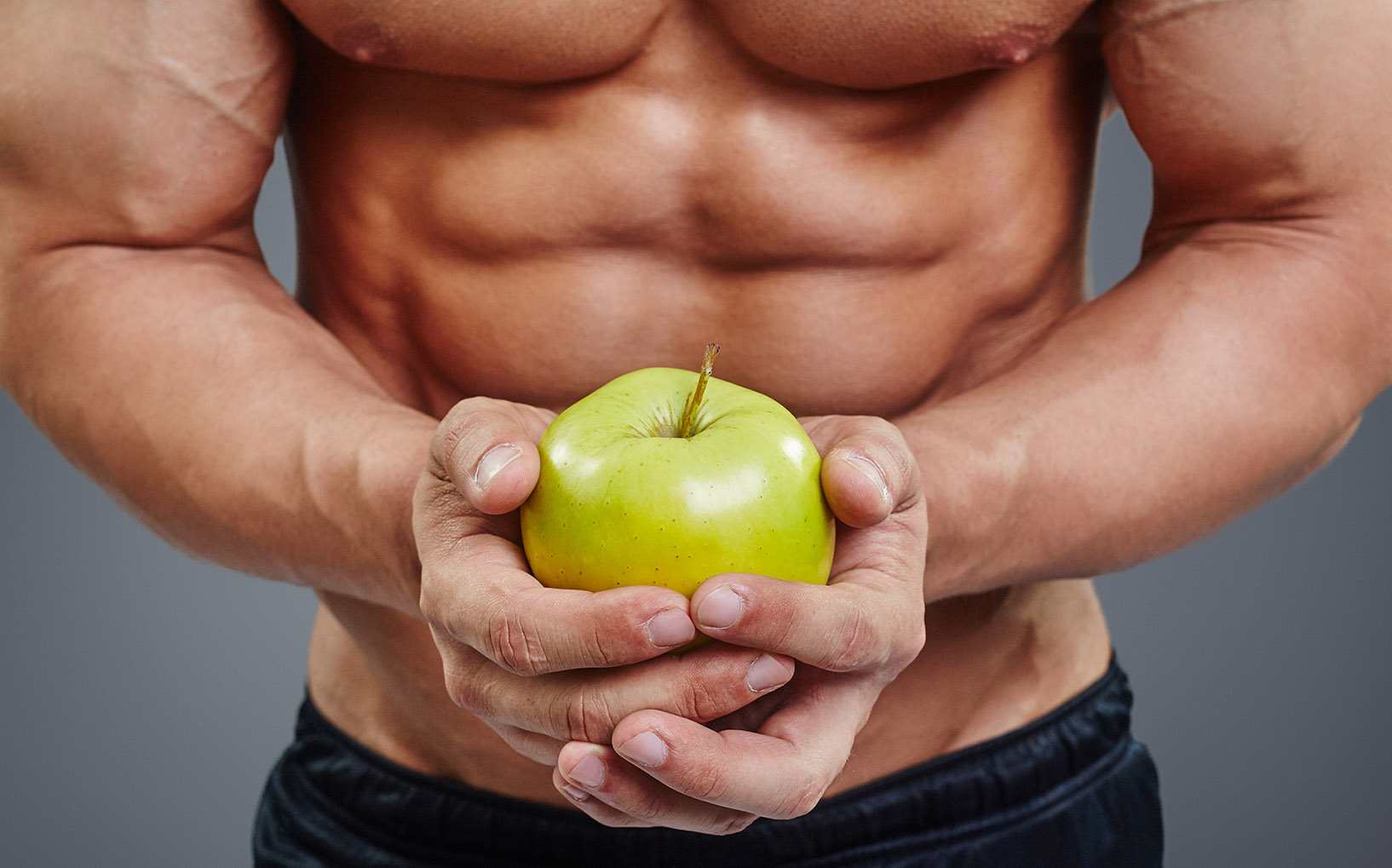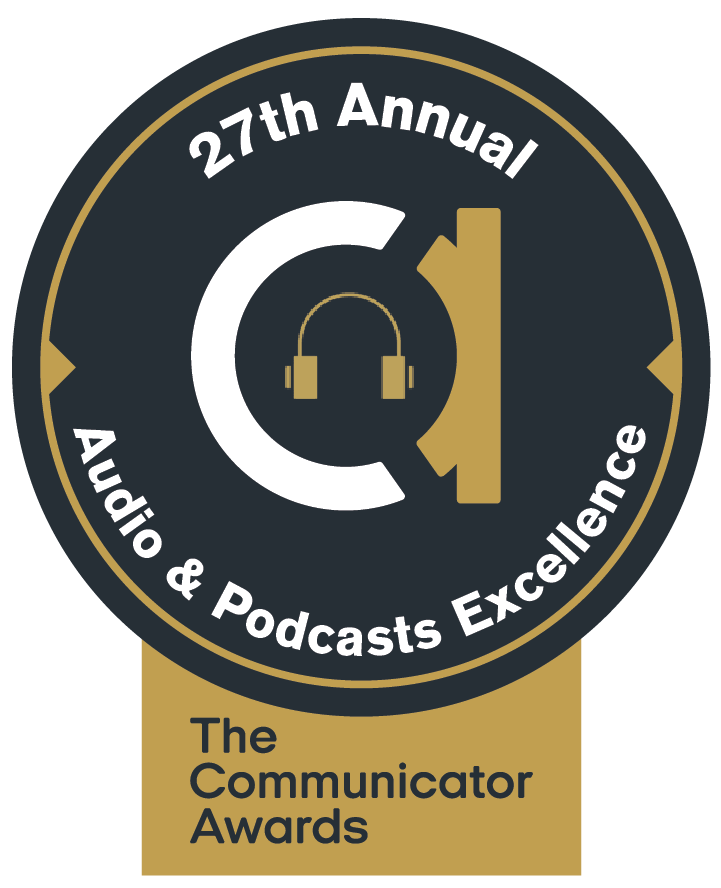Fruit that Boost Testosterone Levels and Prevent Diseases?? Sign Us Up! Daddy Squared’s Top 10 Healthiest Fruit
The (damn) Polar Vortex brought with it the cold season, and as a recovering hypochondriac I started researching alternative medicines. As my research progressed I found myself going over fruit’s and vegetables’ nutritional qualities – but I was far more intrigued by what I read about fruit… because they are so yummy. I couldn’t help but ask myself: is fruit the answer to all of our health problems? Can it be that these delicious treats can help us fight colds, viral infections and even prevent cancer? This would be the 2nd most tempting discovery (after a pure-protein cake with no horrible after-taste).
So as an avid music charts fan (or mild ODC-type – look at it how you wish) I ranked the “fruits of my research” and came up with the top 10.
Over the next year I plan to have more of these at home and include it in mine and my kids’ nutrition (my husband might have to pick his own damned fruit). I promise to report back on the number of doctor visits.
Don’t be the only fruit in the house! Here’s my top 10:
10. Cranberries
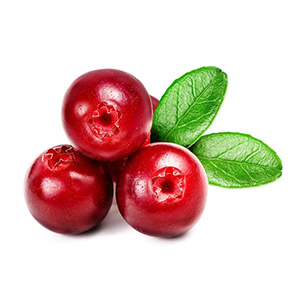
Mostly associated with Thanksgiving, cranberries are considered ‘super food.’ According to Drugs.com, cranberries are used in Eastern European cultures to reduce fever and to treat cancers. What makes cranberries unique from other fruits is that their juice and extracts help prevent urinary tract infections. They have an excellent nutrition profile, very low calorie, rich in vitamin C, vitamin E, vitamin K1 and copper (which is essential for the immune system among other things).
Cranberries also contain a significant amount of antioxidants called flavanol polyphenols, which can improve health, and the mineral Manganese, which plays a role in blood sugar regulations and is especially good if you work out regularly, because it helps with protein and amino acid digestion and utilization
9. Watermelon
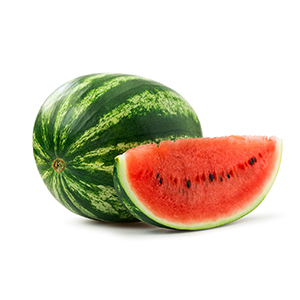
Watermelon is high in vitamins A and C. It’s also rich in some important antioxidants, including lycopene (promotes health), carotenoids (protects the eyes) and cucurbitacin E (classified as plant steroids, plants produce them to defend themselves against diseases). Of all the fruits, watermelon is one of the most hydrating. It is made up of 92% water, which can help you feel more full.
Lycopene intake is linked with a reduced risk of cancers of the digestive system, while cucurbitacin E may inhibit tumor growth. Consuming lycopene-rich foods can also promote heart health because of their ability to reduce cholesterol and blood pressure.
8. Durian
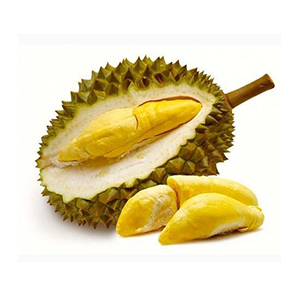
Durian fruit has been around for hundreds of years but it’s just now starting to gain mainstream popularity. It acts as a natural anti-depressant and some runners and athletes look to it to get some extra energy.
Durian is the anti-aging fruit! it contributes to the production of serotonin in our body and according to a recent Chinese study, the durian skin has antibiotic properties and can relief cough. It’s also good for your bones and teeth because it’s rich in calcium, potassium and B vitamins.
Durian is rich in manganese, B and C vitamins, copper, folate and magnesium.
7. Lemon
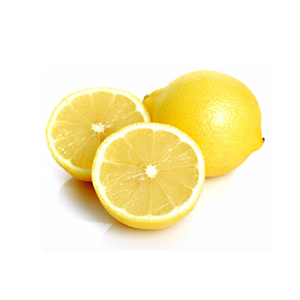
Lemons are a very healthy citrus fruit known for their high vitamin C content. Lemon juice is healthy to ‘clean the body from the inside’ and can also help prevent weight gain (it dissolves fat!) and treat kidney stones.
Lemon, its juice, and peel are used to make medicine. It’s used as medicine to treat common cold and flu, H1N1 (swine) flu, ringing in the ears (tinnitus), Meniere’s disease and upset stomach. It aids digestion and reduces hay fever symptoms.
6. Strawberries
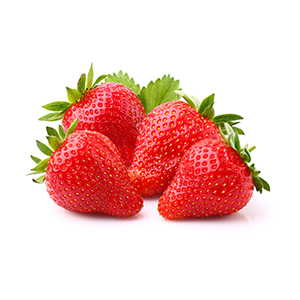
Similarly to other berries, strawberries have a high antioxidant capacity, which may reduce your risk of chronic disease. Strawberries are a sodium-free, fat-free, cholesterol-free, low-calorie food. They are rich with vitamin C ( a dose of 8 strawberries contain more vitamin C than an orange!), manganese, folate (AKA vitamin B9, which is good for your hair and skin) and potassium (good for muscle strength and much more).
Test-tube studies have found that strawberries may help prevent cancer and tumor formation. Strawberries are recommended to those with high blood pressure to help negate the effects of sodium in the body.
5. Grapefruit
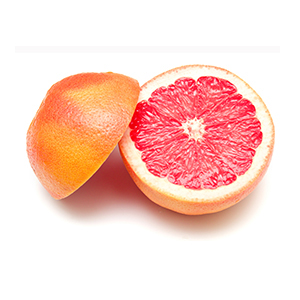
Grapefruit is highly nutritious, and is considered the healthiest of citrus fruit. Eating it may reduce insulin resistance, reduce cholesterol and help prevent kidney stones. Grapefruit may also be useful for weight loss and promote appetite control.
Grapefruit seed extract have suitable properties to prevent the growth of fungi, bacteria and viruses. Grapefruit juice can be useful to heal skin conditions such as rushes, oily skin, skin spots, acne and pimples by applying the juice on the skin.
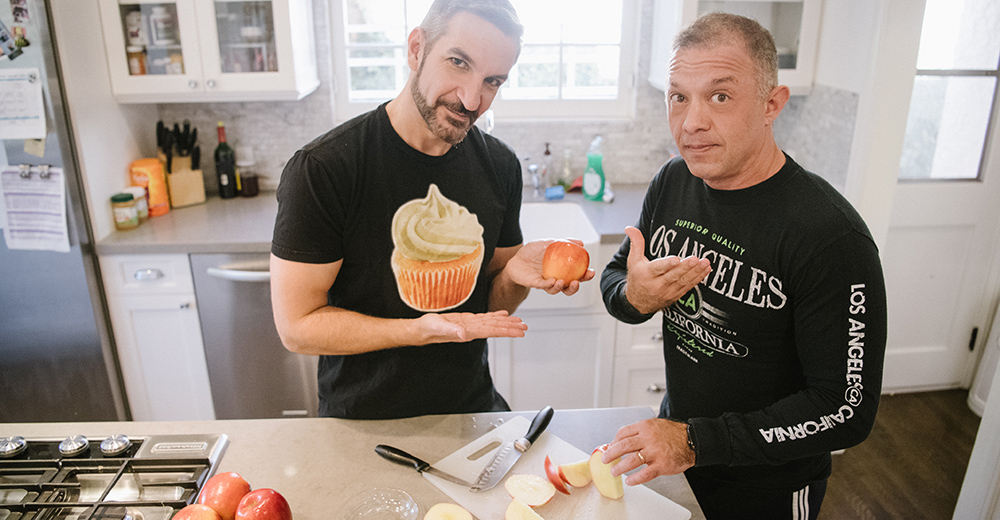
4. Apple
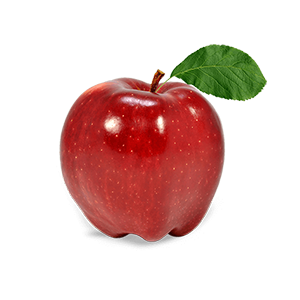
‘An apple a day keeps the doctor away’ – well, I guess the basis to that saying, according to my research, is that some call apples “miracle food.”
Medical News Today ranked apples at #1 on its Top Healthy Food list.
Apples was found to have helped improve digestion and metabolic health. It’s actually the fruit of choice of the good bacteria in your gut. It has vitamins C, K and some B, and filled with antioxidants that promote heart health and reduce the rest of type 2 diabetes, cancer and Alzheimer’s.
3. Blueberries
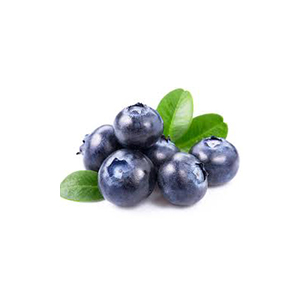
Blueberries’ health benefits include vitamins C, K and manganese. They are also high in fiber and antioxidants, which is known for reducing risks of chronic conditions, heart disease, diabetes and Alzheimer’s. In fact, a study shows that eating blueberries strengthen memories among old people.
One study found that eating blueberries regularly may increase natural killer cells in the body. These help defend you against oxidative stress and viral infections.
2. Pomegranate
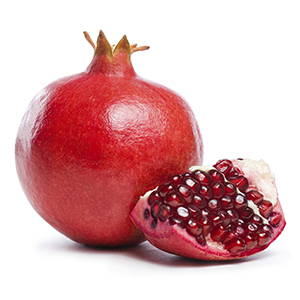
Pomegranates are one of the healthiest and most healing fruits available today. They are rich in vitamin C, K, B-complex and minerals such as calcium, and potassium.
Studies have also shown that pomegranates have anti-inflammatory effects and may help reduce the risk of cancer. They act like a natural aspirin in the body and help to prevent blood clots. Pomegranates are also the perfect “brain food” as they help to increase cognitive function and memory recall.
Also, results of a study from 2012 indicate that pomegranate may boost testosterone levels in men and women. After drinking pomegranate juice for 14 days participants displayed an average 24 percent increase in salivary testosterone levels
1. Pineapple
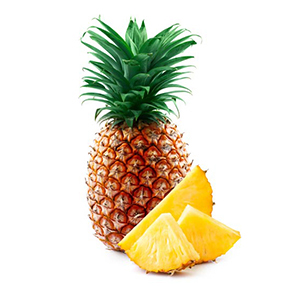
Yes. Turns out that the sweet yellow fruit that’s my go-to snack in Hawaii is the healthiest of them all! Pineapple is rich in vitamin C, A, calcium, iron and manganese. It has high amounts of thiamin, a B vitamin that is involved in energy production. It has flavonoids and phenolic acids, which are disease-fighting antioxidants.
Researches show that pineapple can help speed recovery after surgery or strenuous excise. It is especially recommended to add it to your post-workout smoothie, as it helps break protein faster and restores energy in your muscle.
Last but not least, pineapple also contains Bromelain, a mixture of enzymes known for its anti-inflammatory properties. Studies suggest that bromelain may help protect against cancer and tumor growths. It’s used in medicines against pain and swelling.

